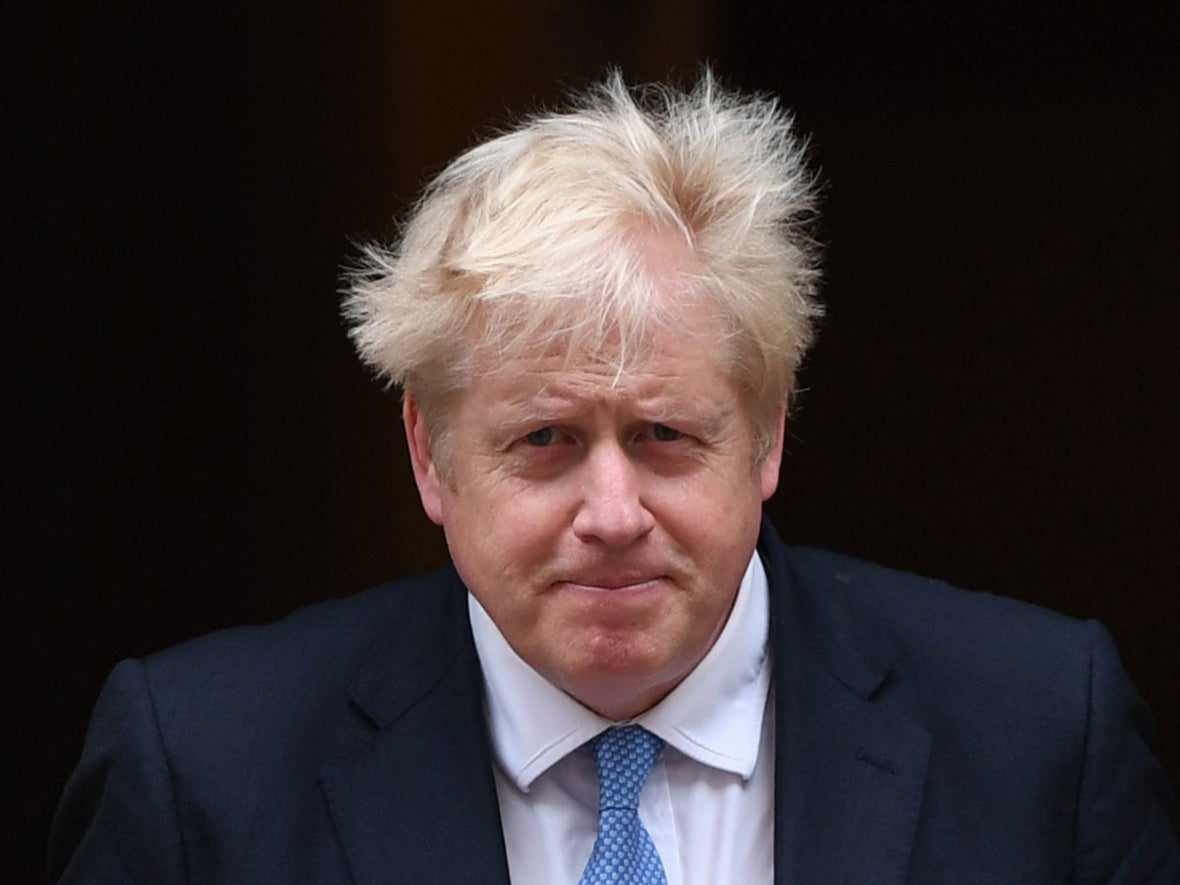Government set to miss 2025 fuel poverty target amid ‘unacceptable’ failure, say advisers
Help goes mainly to ‘higher income’ households rather than poorest, scathing report finds

Your support helps us to tell the story
From reproductive rights to climate change to Big Tech, The Independent is on the ground when the story is developing. Whether it's investigating the financials of Elon Musk's pro-Trump PAC or producing our latest documentary, 'The A Word', which shines a light on the American women fighting for reproductive rights, we know how important it is to parse out the facts from the messaging.
At such a critical moment in US history, we need reporters on the ground. Your donation allows us to keep sending journalists to speak to both sides of the story.
The Independent is trusted by Americans across the entire political spectrum. And unlike many other quality news outlets, we choose not to lock Americans out of our reporting and analysis with paywalls. We believe quality journalism should be available to everyone, paid for by those who can afford it.
Your support makes all the difference.Boris Johnson’s government missed its 2020 fuel poverty target and is now at “high risk” of failing to meet its goals for 2025 as well, according to its own group of advisers.
The Committee on Fuel Poverty condemned the “unacceptable” failure of government to achieve its aim of making sure all fuel-poor homes had an energy efficiency rating of E or higher by last year.
In a scathing report published on Wednesday, the committee of experts said the government had failed “despite schemes and sufficient funding being able to meet it”.
The committee, set up to advise ministers on tackling fuel poverty, also criticised the failure to help the poorest Britons make their homes energy efficient.
The report found that only 15 per cent of funding to improve energy efficiency and help with fuel bills actually went to households in fuel poverty – with most of the help going to those on “higher incomes”.
The report said: “Government failed to apply its own fuel poverty guiding principle to target available funds on assisting those in the deepest levels of fuel poverty to improve the energy efficiency levels of their homes and assist them to pay their fuel bills.”
It added: “Instead, assistance was targeted (and continues to be targeted) predominantly on higher income households.”
Only 55 per cent of the 293,000 fuel-poor homes with ratings of G or F in 2015 had been upgraded to E or higher by 2020, the report found.
The warning comes as concerns about a “winter of discontent” ahead as energy bills continues to mount thanks to spiralling wholesale gas prices.
Regulator Ofgem raised its energy price cap by 12 per cent this month and analysts fear the cap could rise again by nearly 30 per cent next April. This would mean bills rising by as much as £400 – prompting fears more people could be pushed into fuel poverty.
It follows accusations that the government has worsened the heating bill crisis by ending a successful home insulation programme.
The Green Homes Grant offered households vouchers to go towards the cost of insulation – but it was scrapped in chancellor Rishi Sunak’s last budget and replaced with a new scheme that gave funding to councils to distribute the cash.
Labour’s shadow energy secretary Ed Miliband said on Wednesday that the scrapping of the Green Homes Grant had been “a total fiasco” and called for “a proper retrofit programme” to make Britain’s homes energy efficient.
Miliband said retrofitting could help solve the current energy crisis, saying: “We are massively exposed to the international gas market, we have carbon emission we need to bring down, we have bills that are too high ... Insulation retrofitting hits all of those buttons.”
Many of the problems highlighted in Wednesday’s Committee on Fuel Poverty report were originally raised in the advisory body’s first annual report in 2016.
The previous report found that only 10 per cent of funding for fuel poverty schemes actually went to households in fuel poverty, while the government did not know the address of the majority of the 3.2 million fuel poor households.
The 2021 report found the government still did not have this information, saying: “Although the number of fuel poor households can be estimated ... the addresses of these households are unknown and hence it is difficult to target assistance to them.”
The committee also highlighted concerns that the move to net-zero could increase fuel bills in the short term, meaning more support would be necessary, but objected to the diversion of money for energy efficiency into decarbonisation projects.
A spokesperson for the Department for Business, Energy and Industrial Strategy (BEIS) said the government welcomed the Committee on Fuel Poverty’s report.
“The energy price cap is shielding millions of customers from rising global gas prices, and we’ve launched an extra £500m Household Support Fund for those most in need in addition to other schemes for the most vulnerable,” the spokesperson said.
“But we want to go further and faster, ensuring nobody goes cold in their own home. That is why we are investing £1.3bn to upgrade the energy efficiency of homes helping to lift more low-income families out of fuel poverty.”
Join our commenting forum
Join thought-provoking conversations, follow other Independent readers and see their replies
Comments